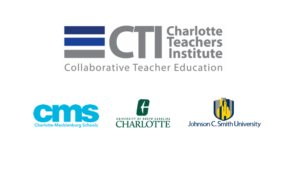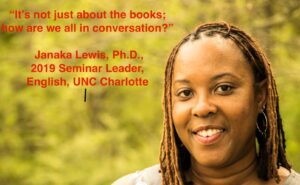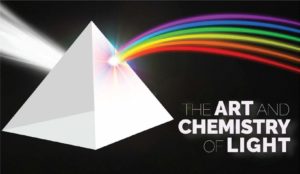Torrieann Martyn Dooley Kennedy, Language Arts, David Cox Road Elementary School
Final Unit (PDF) Implementing Common Core Standards (PDF)
Synopsis
Young children have such great inquisitive minds. They wonder and question
lots of things about their environment and the world in which they live. As a teacher it is
my job to foster their curiosity and to guide them in learning how to think big ideas and
clarify their thinking about what they know and wonder about. This curriculum unit does
that in a very specific way. It teaches young scholars how to think and wonder like
philosophers. In this unit being written for second grade students (and easily adaptable to
other elementary learners), students will get a slice of what a philosopher is and studies,
who some well-known philosophers are and the contributions they made to the study of
philosophy, what moral agency is, and how to discuss topics in a philosophical manner.
Several strategies will be employed to help students understand philosophy, including
using mentor texts and specific questions, engaging in class discussions, including a
Socratic circle, and creating their own definitions for big ideas such as bravery, right and
wrong, and motivation, based on what students already know as well as the ideas they
learn from others. This curriculum unit will be taught in a language arts class, toward the
end of the school year when students have strong relationships with each other and can
trust each other when sharing opinions and ideas.










 Home
Home